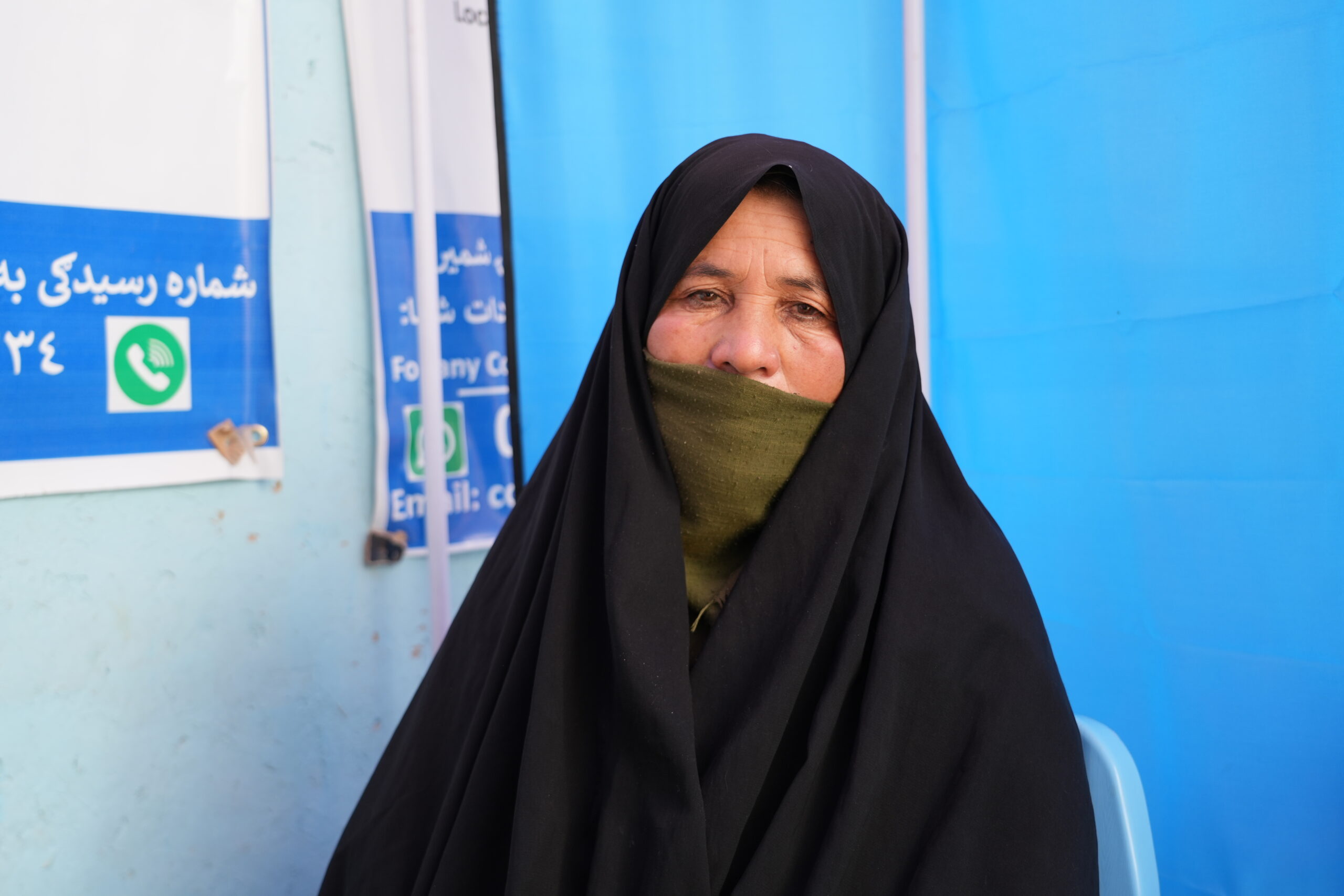
How one Afghan clinic is keeping families healthy and looking forward to bright futures
For Khadija and many other mothers, accessing healthcare was an uphill battle. But all that is changing now, thanks to Islamic Relief.

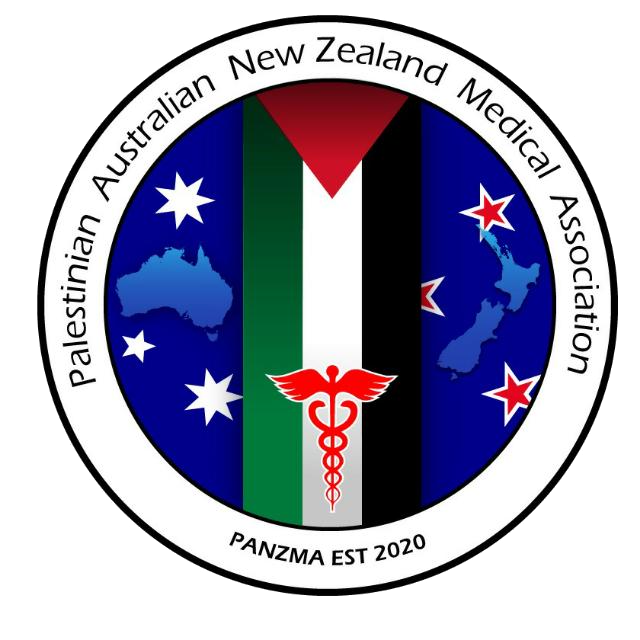
In partnership with PANZMA, Islamic Relief Australia is delivering life-saving medical aid.
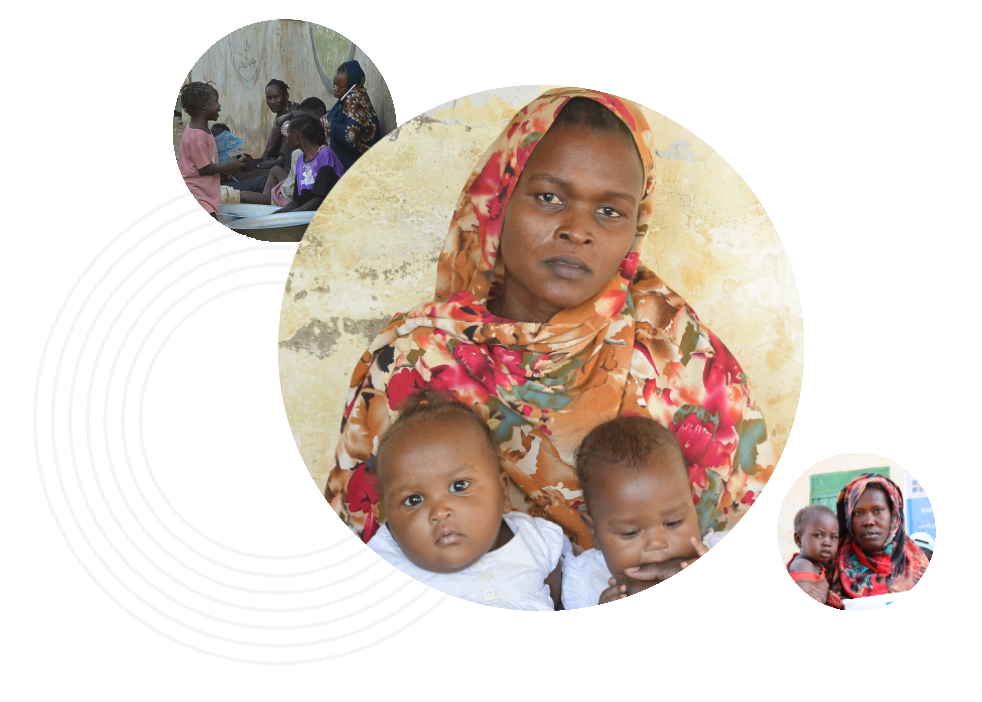
With ongoing conflicts and impeding famine, the residents of Sudan are in desperate need of immediate help.
Donate Now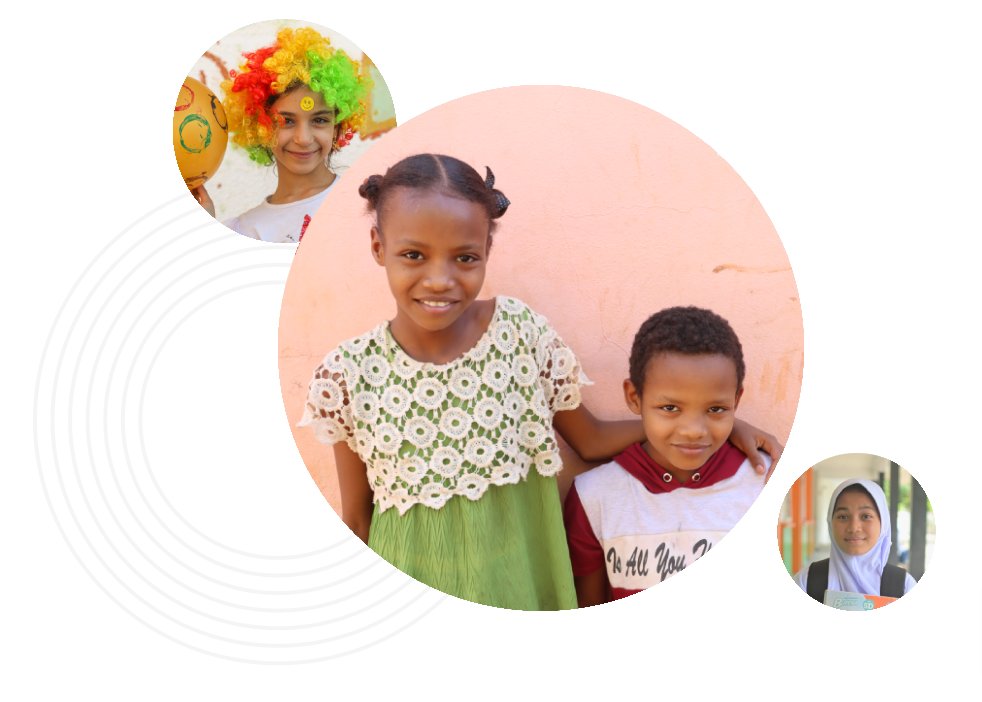
Every child deserves the best opportunity in life, give them the support they need with the incredible gift of sponsorship.
Donate Now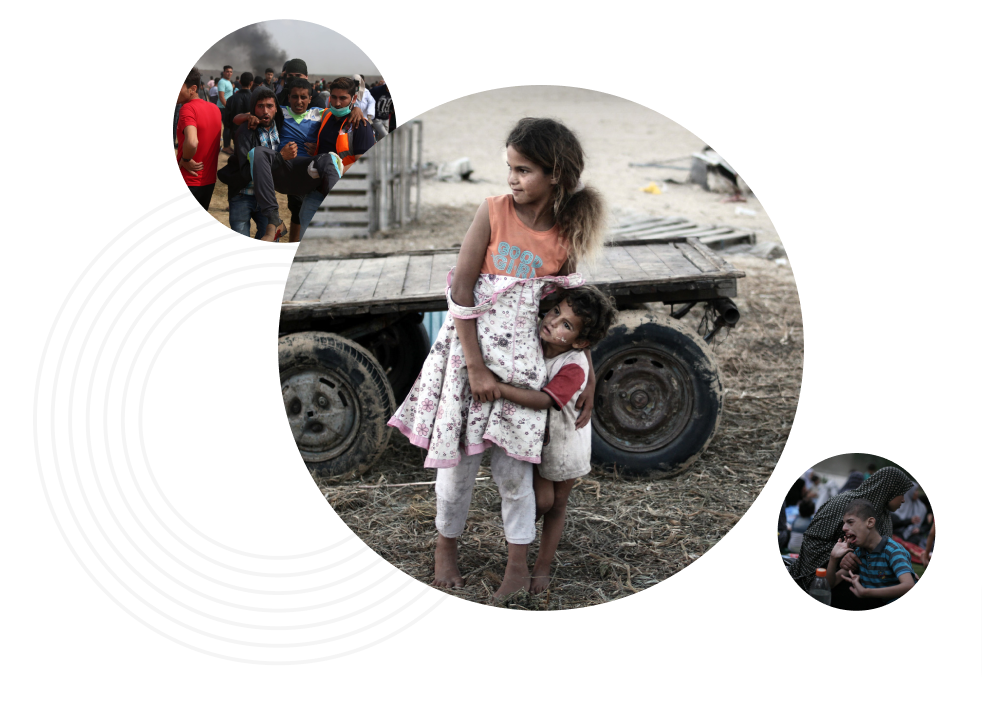
With ongoing conflicts and limited access to essential resources, the residents of Gaza are in desperate need of immediate help.
Donate Now
Islamic Relief is providing essential resources to residents of Gaza, daily, ensuring they receive immediate help.
Donate Now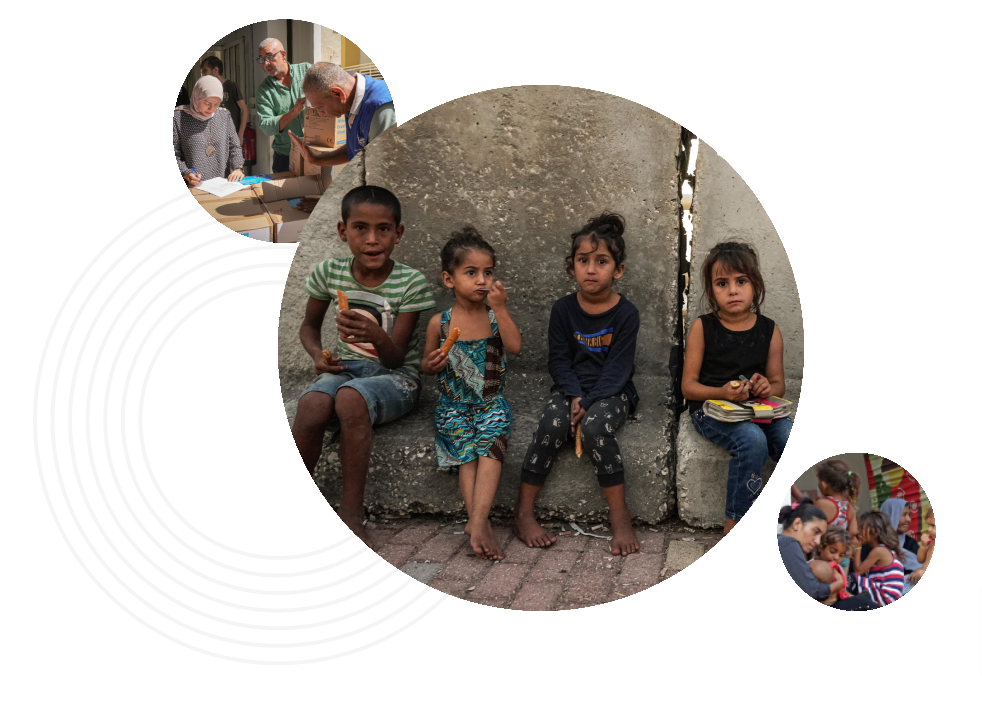
The crisis in Lebanon is constantly evolving, and has been made worse by escalating attacks, which has killed and injured hundreds, and displaced thousands more.
Donate Now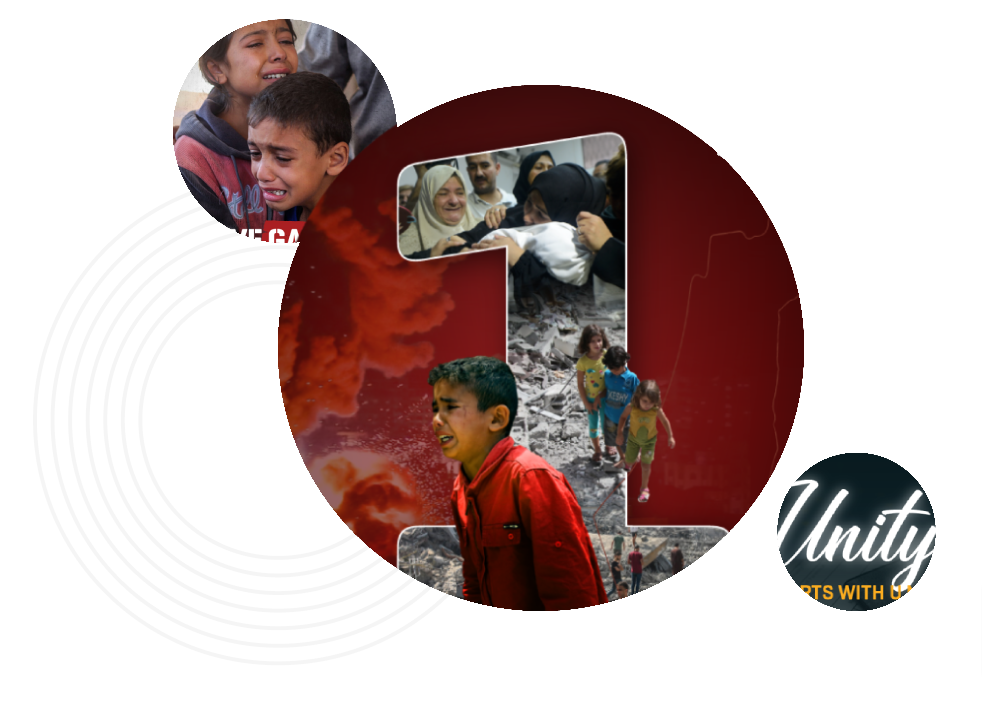
From cornerstone conferences to insightful workshops, join us in our upcoming events, in support of our community and those who need it most.
Learn MoreWhether it's aiding disaster relief, supporting medical research, or addressing social issues, making a single donation provides an accessible and efficient way for individuals to contribute to positive change without a long-term commitment.
By opting for regular donations, supporters play a crucial role in sustaining long-term projects, ensuring consistent support for impactful initiatives.

We draw from our Islamic principles to ensure fairness and equity for all we serve.

Being a part of Islamic Relief Worldwide, we can respond swiftly to those in need.

Since 1984, Islamic Relief continues to provide tireless support to the needy.

We pride ourselves on adhering to the highest standards of compliance.
Thanks to support from people like you, we are now one of the leading independent humanitarian and development organisations in the world.

For Khadija and many other mothers, accessing healthcare was an uphill battle. But all that is changing now, thanks to Islamic Relief.